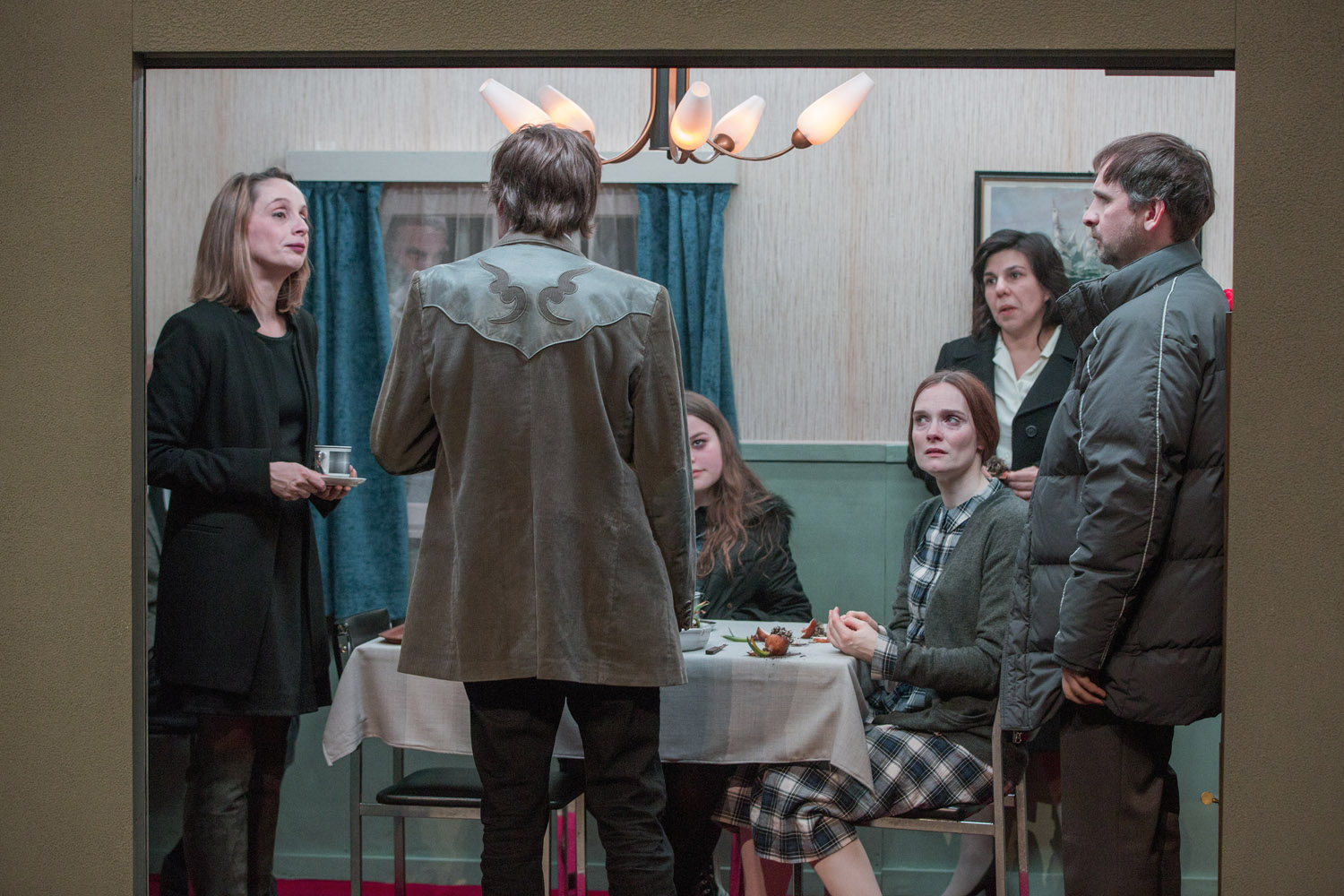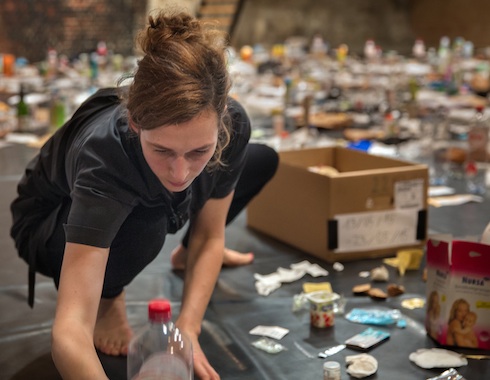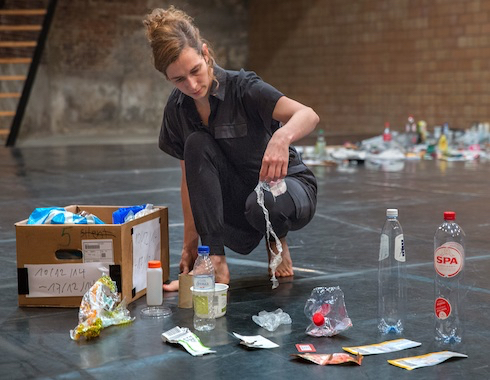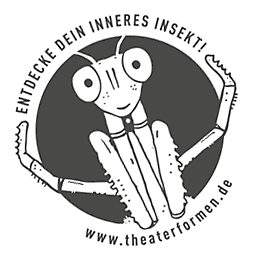By Esther Boldt
Two widely differing female directors come from Brussels to Hanover: the Walloon Anne-Cécile Vandalem and the Fleming Sarah Vanhee. While the staging of the one is highly realistic, with a carefully set up stage presentation and story, that of the other one is reduced to a set of experiments with an open outcome. But both of them are not only producers but also write their own texts and go on stage themselves in addition. Their very different approaches have a great deal to do with the differing traditions that they come from, since the theatrical world in Belgium is segregated by language: “As Walloons we are French speakers,” says Vandalem. “We belong to France, which has a strong theatrical tradition and a language with a long history. This tradition and this history have a weight that we must carry.” Many Walloons still equate theatre with acting, whereas the Flemings can be freer and be more inventive. “Usually the two genres are totally separate,” agrees Vanhee. “The Belgian identity is the inclusion of two cultures that cannot be combined so easily. You always live with another one, one that you never fully understand.” While the Flemish theatrical scene has had strong political support in the past 15 years, which made the founding of companies possible in just the same way as touring and research, it is only now that the Walloon theatrical world scene is breaking out and taking a fresh view. “The training is changing. Actors should also be creators,” says Ann-Cécile Vandalem.

Both the vivid staging of “TRISTESSES” by Anne-Cécile Vandalem and the minimalist performance of “Oblivion” by Sarah Vanhee take a highly critical look on our present: Vandalem tells the story of a fictional village that is seduced by the propaganda of a new party in an economic crisis. This propaganda is based on the distortion of facts, where realities are created by talking about them; for example, by conjuring up conflicts between various social groups, which is something that Vandalem has observed in recent years in the speeches of politicians such as Nigel Farage, Marine Le Pen and Geert Wilders: “All these populists play on fear. They present things that create a particular sort of reality. The language that they use creates a new reality.” This process takes place in a piece in which the trained actress also plays the main role of the right-wing populist Martha Heiger. On the stage there is, next to her, the model of the village whose interiors serves as film sets, while the theatre takes place in the open area between the houses. The artist shows true virtuosity in portraying both levels, forms of presentation and realities in a dark dream of the seductive power of the post-factual.

On the other hand, the stage is empty for “Oblivion” until it is filled with ever more quite small things in the course of the evening. Sarah Vanhee collected together all her garbage for one year, storing it in boxes and archiving it. She then unpacks it again in the course of her solo performance, and transforms this process into a contemplation of our throwaway society that tells us always to only look forwards to a squeaky-clean future while the piles of garbage behind her get higher and higher. In her artistic work Vanhee is always interested in the things that are hidden: “A society always has a dark side, and somebody has an interest in keeping it hidden. We can learn a great deal if we ask ourselves why that which is hidden is being kept hidden.” In her performance, she devotes herself to the relationship that we have with things and the permanent transformation from valuable to valueless that it passes through. “In the 1950’s, a good housewife was one who never threw anything away,” comments Vanhee. “Today it would be regarded as pathological, not to throw things away.”
While Sarah Vanhee rearranges things, which are usually hidden, in the bright spotlights of the stage, Anne-Cécile Vandalem plumbs the depths of the visible. Both tell of deeply irritating transformations that characterize our present-day world, be it the changing of desired objects into worthless garbage or the creation of new realities by rhetoric that aims to inspire fear.
Esther Boldt works as a writer, dance and theatre critic for newspapers and magazines such as the taz, nachtkritik.de, Theater heute and tanz Zeitschrift.
She has also been a member of a number Englischof juries, for example Audio Play of the Year 2009, Dance Platform Germany 2014 and the Else Lasker Schüler Prize 2016.
Bochert Translations (Anna Galt)





